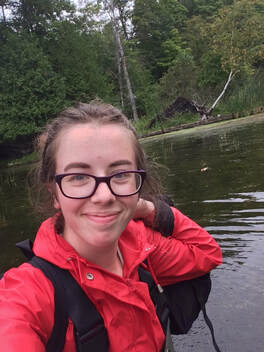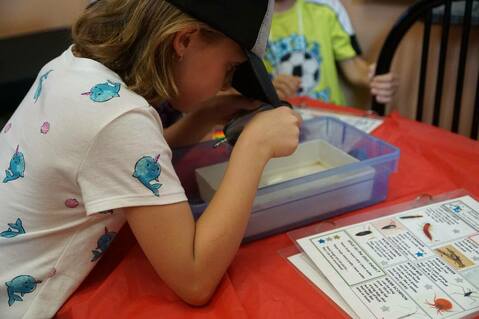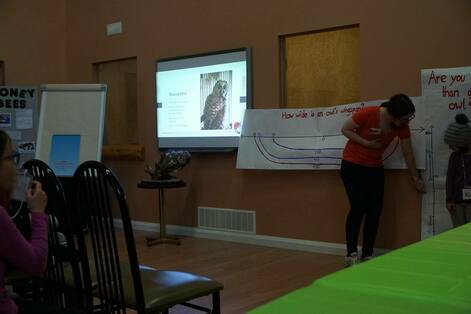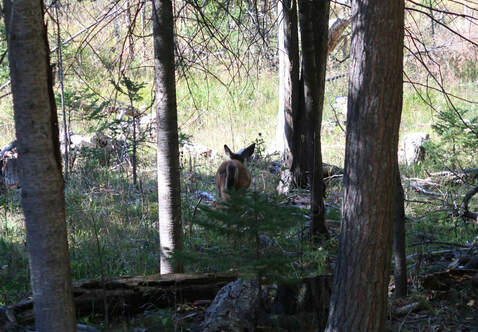|
By Monica Seidel #1. Smaller Network The environmental field is often a very close-knit group of individuals and organizations. When you move to a northern community, that group gets even smaller. Within a few months at my job at the wildlife rehabilitation centre, I had the opportunity to partner with many of the leading groups and individuals in the area. Why? In my experience, reaching out with a cold call or email to someone in a smaller community is almost always more successful than reaching out to someone in a big city. This makes sense! There is less competition for their time, and there is often a greater desire to collaborate to increase awareness about both of your small organizations and missions. #2. More Freedom The organization I worked for was a very small non-profit. I was the only staff member when I started, which meant I could plan and execute different projects largely as I saw fit. I was given control, again, even if it was only a few months into my time there. It also allowed me the freedom to identify skills or programs that I wasn’t very proficient with and work on them. Not having concrete objectives (or pathways to achieve those objectives) gave me the freedom to essentially build my portfolio as I wanted! #3. Amazing Outdoor “Work” Space If you love the outdoors and having literally no one around for kilometres, you need to get yourself up to Northern Ontario. The wilderness and abundant wildlife is amazing, and was the absolute perfect setting for my job. Want to get workshop attendees excited about protecting wildlife? Go outside and explore. Having a stressful day and want to get away from people? Go outside and explore. Want to scope out locations to release animals while also getting some exercise and fresh air? Go outside and explore! Northern Ontario was the perfect setting for my work life and duties, but it also provided me a constant reminder of why I was in the environmental field. #4. Less Competition This is by far the most important reason I advocate others to move to a smaller community! There are fewer people living in these cities to start with, and most new graduates don’t want to move hours and hours away for a position. Graduating from university provided me with the perfect opportunity to move wherever I wanted – I had nothing tying me down to one location. If you think a job description perfectly suits you but you don’t love the location, apply anyway! At “worst”, it forces you to work on your application (and maybe even interview) skills. I knew that the position was in my desired field, and I knew how competitive the field was. I was very passionate about the organization’s mission and the job’s duties, and that became the reason for me to stay and find things I liked about the city.  Monica is an Environmental Science graduate from Queen’s University. Professionally she is focused on creating fun and engaging education experiences for audiences of all ages, and marketing using social media and creating videos. Here she is pictured looking for fish and turtles on a biology field course.
3 Comments
12/6/2019 09:28:27 pm
It seems like you are really passionate on your environmental career! As what they said, let us always do the things that will make us happy. Then, we can find the genuine happiness we have all been searching for. I guess, it was a huge career move for you. But you mentioned that you needed it. Sometimes, all it takes is a leap of faith to know that we are making good decisions. In your case, I am sure that you did!
Reply
Leave a Reply. |
ELB MembersBlogs are written by ELB members who want to share their stories about Ontario's biodiversity. Archives
January 2023
Categories
All
|




 RSS Feed
RSS Feed